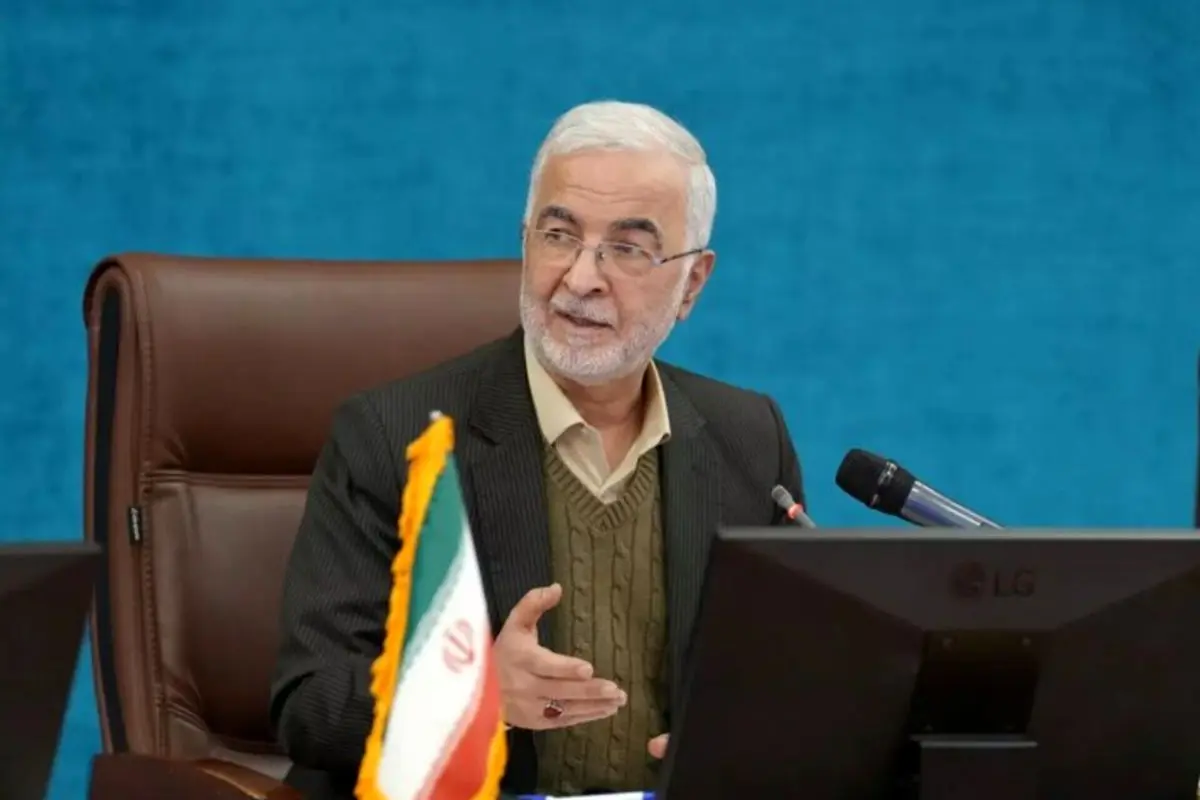SAEDNEWS: Iran’s Interior Minister Eskandar Momeni, in a note marking Government Week, emphasized that national unity, social cohesion, and decentralization were key in overcoming challenges, including the recent 12-day war, while highlighting meritocracy, listening to the people, and honoring martyrs as core principles.

According to Saed News, quoting IRNA, Eskandar Momeni wrote in a note on the occasion of Government Week, honoring the martyrs of the government — martyrs Rajaei, Bahonar, and Raisi — as well as all the sincere servants of the Islamic Republic who sacrificed their precious lives for the development and progress of beloved Iran:
“Government Week is a valuable opportunity to revisit the path taken in the past year. In this year, the country and the government passed through difficult obstacles, and the guarantee for an honorable passage through these stages was national consensus, social cohesion, and unity — a consensus that served as a key prelude to success in critical moments such as the 12-day Sacred Defense.”
The Interior Minister’s note continued:
“At the Ministry of Interior, we pursued consensus not in slogans but in practice, with a meritocracy-based approach. During this period, conditions were created in which the most qualified individuals, regardless of dividing lines contrary to justice, assumed key responsibilities. This approach was particularly evident in the appointment of governors, county governors, and district governors.”
Momeni added that the efficiency of this approach was tested and proven in the selection of the government’s “second cabinet” — the collective body of governors — in their service to the people during different periods, especially the 12-day war. To utilize this existing capacity, decentralization and delegation of authority, as emphasized by the Supreme Leader, were seriously pursued, and with the support of the President, planning aligned with the local capacities of each province was placed on the agenda.
The Minister also wrote:
“In this period, the Ministry of Interior has distanced itself from the securitization of social phenomena. Listening to different voices, engaging in dialogue with social groups and professions, neighborhood-based management, and paying attention to the real demands of the people — including in areas such as the organization of foreign nationals — have been and will remain priorities.”
On the economic front, he stressed:
“With an emphasis on capital and production as top priorities, we have sought to establish a deeper link between national policymaking and economic infrastructures. By accelerating urban and rural projects and completing unfinished initiatives, we have taken serious steps toward the development and progress of the country.”
Finally, the Interior Minister concluded:
“Today, we believe that what preserves the country is honesty, transparency, efficiency, listening to the people’s voices, and ensuring their maximum participation. Preserving the blood of martyrs, especially those of the 12-day imposed war, safeguarding domestic security, maintaining national unity on the basis of justice, and creating equal opportunities are among the most important priorities of the Ministry of Interior. We hope that the great family of the Interior Ministry will be increasingly successful in serving the noble people of Iran, God willing.”

